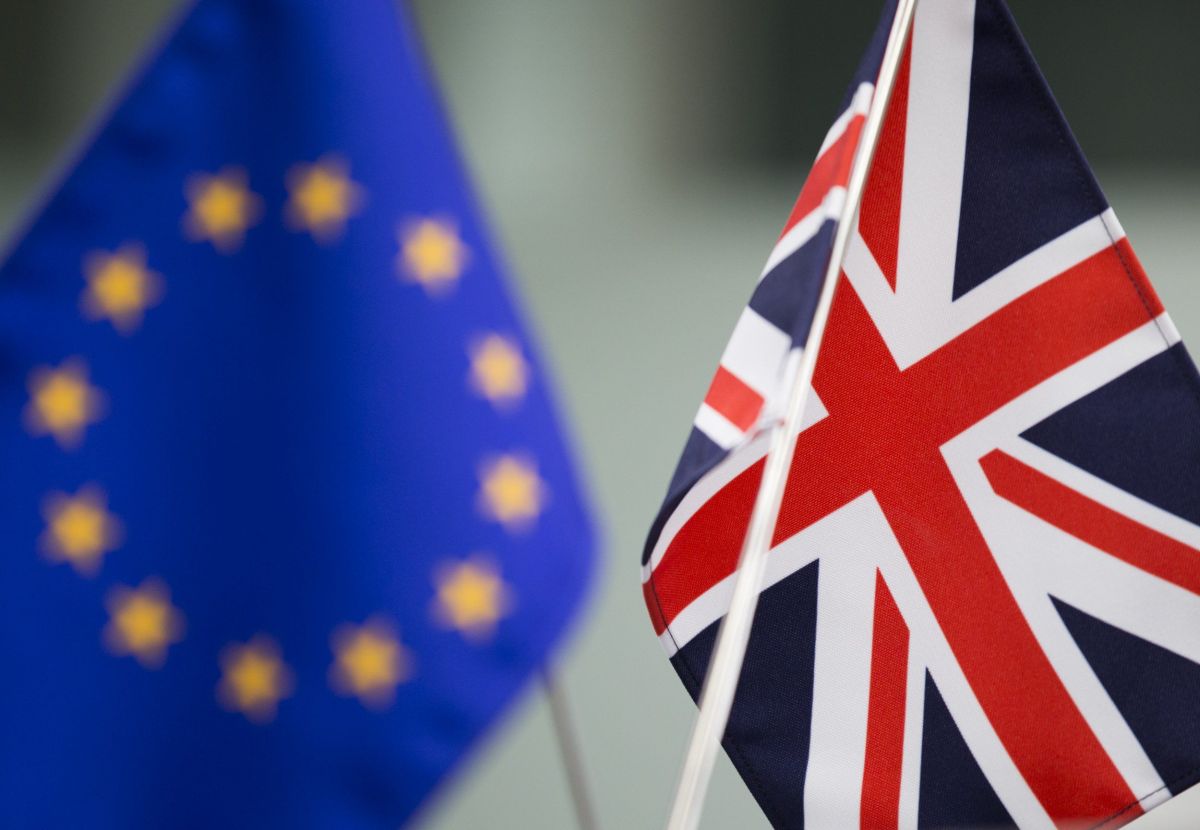
A coalition of leading trade bodies, ranging from the NFU to the Food and Drink Federation, have issued a joint statement to the Government highlighting core objectives and priorities for UK trade policy ahead of this week's triggering of Article 50.
One of the biggest events in Britain’s postwar history is at hand, as Theresa May notifies the EU of the UK’s plans to withdraw.
The British Retail Consortium (BRC), the National Farmers Union (NFU) and the Food and Drink Federation (FDF), which represent the whole of the supply chain from farm to fork, will work with the Government to agree common objectives and priorities for the UK’s trade policy environment post-Brexit.
The statement, issued on 26 March, addresses the strategic importance for the UK of the food supply chain and builds consensus around a number of priority areas for trade.
The food supply chain employs almost four million people and generates over £100 billion of value for the economy each year.
'We cannot operate in isolation'
The joint statement said: "We cannot operate in isolation. Our farmers need imported feed and inputs and they need access to other markets for their products, especially where demand for these in the UK is insufficient.
"Our food and drink manufacturers rely on exports to grow their businesses and imports to complement their use of domestically produced ingredients and raw materials.
"Our retailers need access to a full range of goods all year round to balance seasonality and meet consumer demand.
"The regulatory framework that governs this international trade therefore matters to all of us, both in strengthening and supporting UK producers in domestic and foreign markets, and in affording UK consumers and the agri-food and drink industry the benefits of freer trade with overseas partners."
Currently, that framework is determined by the EU, internally through the Single Market and Customs Union, externally through the EU’s Common Commercial Policy. The Prime Minister has made clear that these arrangements will change when the UK leaves the EU.
The new framework for the UK’s trading relations will be determined in part through negotiation with the EU, in part through negotiations with other countries and in part by the UK acting alone.
'Stability and continuity'
The statement continued: "We call on the government to adopt an approach that will ensure stability and continuity for agri-food and drink businesses."
The coalition demands a 'smooth and orderly' Brexit by agreeing transitional arrangements that maintain frictionless trade in goods between the UK and the EU, avoiding 'costly and disruptive' customs checks, processes and procedures.
In the medium term, the organisations ask for Government to avoid customs duties on trade by securing an 'ambitious' bilateral free trade agreement with the EU that delivers two-way tariff-free trade.
The coalition wants the UK to be established as an independent member of WTO, providing 'continuity and predictability' by adopting the EU’s current schedule of Most Favoured Nation bound tariff rates.
The group wants the UK to secure the benefits for UK traders of existing EU preferential trade arrangements, including the UK’s 'fair share' of tariff rate quotas for agricultural imports, as well as of any preferential access for UK food and drink exports at least until government can replace them with 'acceptable alternative arrangements'.
The leading trade bodies say that engaging in formal trade negotiations with third countries when the terms of the UK’s future trading relations with the EU and other existing preferential trading partners are clear is vital.
Finally, the coalition wants Government to establish cooperation with third countries on regulatory equivalence and ensuring that all new trade agreements take into consideration differences in regulations and standards when market access is negotiated.
What is Article 50?
Introduced in 2009, Article 50 of the Treaty on European Union provides the formal exit mechanism for a country wishing to leave the EU.
Its key provision is that, in the absence of a unanimous agreement to extend negotiations, a country activating the clause will leave the bloc two years after notification. That means Britain will be out of the EU by April 2019.
The text of the article says the EU will “negotiate and conclude an agreement with [an exiting member] state, setting out the arrangements for its withdrawal, taking account of the framework for its future relationship with the Union”.
So while the negotiations are specifically about divorce — dealing with issues such as financial obligations and expatriate rights — future ties between the EU and the UK also play a part.
